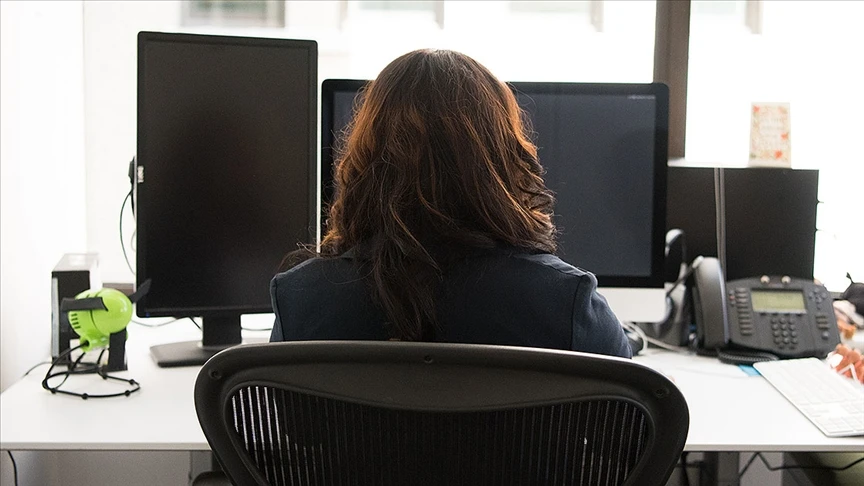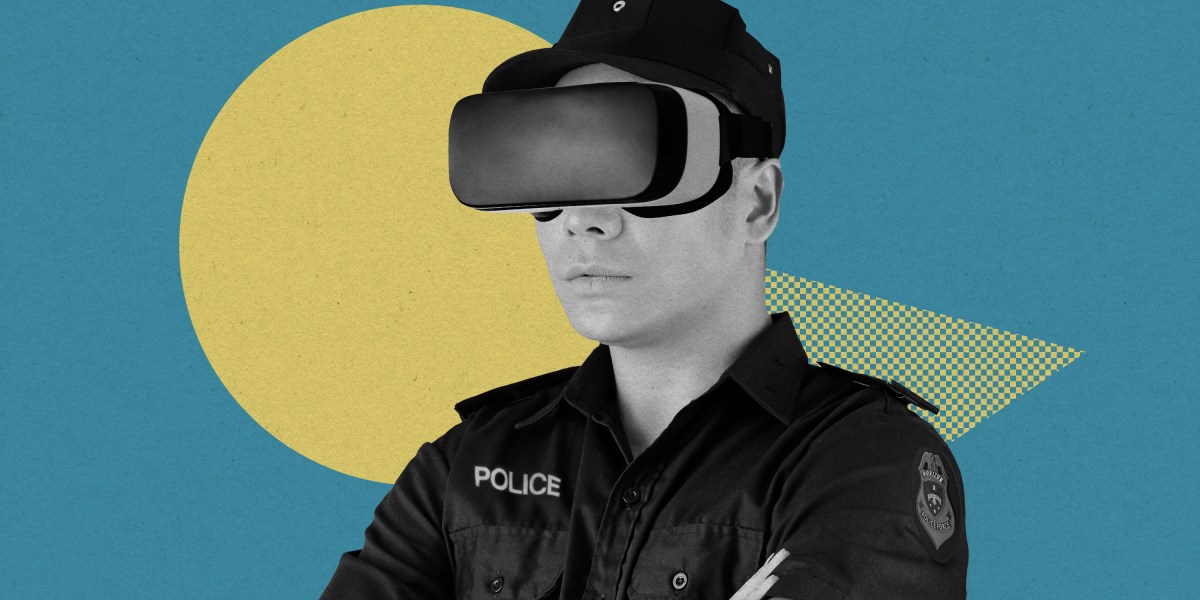At Least Seven Killed In Baghdad Hotel Blast
There are at least seven martyrs" who died in the "terrorist act," said Rubai, who was slightly wounded in the hand.
The Iraqi official said none of his council colleagues were inside the hotel when bombed.
IslamOnline.net correspondent confirmed the Baghdad Hotel is residence for a number of the Governing Council members, especially those representing the Kurdistan Autonomous Region.
According to the BBC News Online, the Baghdad Hotel is believed to be a headquarters of the U.S. Central Intelligence Agency (CIA).
Iraqi eyewitnesses and police sources told IOL that the hotel, situated on the tourist Abu-Nawas Street and the crowded Saadoun Street, not far from the center of Baghdad, was partly damaged and a number of cars have been destroyed.
High tongues of fire and smoke were still coming out of the hotel about one hour after the explosion that took place at about 13:00 local time (10:00 GMT).
Quoting police sources, Agence France-Presse (AFP) said two car bombs went off at a checkpoint outside the Baghdad Hotel.
A car driven by a "suicide" bomber, and another packed with explosives and parked outside the hotel, blew up simultaneously, a police officer at the scene said.
The explosion occurred after police sought to stop two cars at a checkpoint outside the hotel, a witness said.
"There was shooting as police tried to keep the cars away," said Saad Mahmud, a local journalist whose offices are close to the hotel.
An AFP correspondent at the scene saw limbs scattered some 100 meters (yards) from the site of the explosion.
A huge cloud of smoke rose from the area as U.S. armored vehicles moved in and helicopters hovered overhead.
U.S. troops who replaced Iraqi police at the scene prevented anyone from leaving the hotel, and kept passers-by 100 meters from the scene.
More Blasts
A few minutes before the time of the Baghdad Hotel blast, another explosion caused by a mine planted at Haifa Street, not far from the former Iraqi Information Ministry building, destroyed a car carrying a Shiite scholar and at least three other cars, reported IOL correspondent.
The explosion caused the destruction of a number of apartment flats and houses on both sides of the street.
A third explosion took place at Al-Hurriya Square at the end of the northwest Baghdad Karrada district, few meters from a crowded petrol filling station.
It was not known whether the explosion has caused any human casualties at the petrol station, usually crowded with hundreds of cars.
The attack was evidence for a clear leakage in U.S. and Iraqi security measures to protect such sensitive premises, where U.S. officers and Iraqi officials reside, observers said.
U.S.-led forces occupying Iraq had set up cement blocks around the hotel to secure the facility following the August 19 bombing of the U.N. headquarters in Baghdad that killed 22 people, including the top U.N. envoy.
Another massive car bombing killed leading Shiite scholar and politician Ayatollah Mohammad Baqer al-Hakim and 82 others in the Shiite holy city of An-Najaf, 180 kilometers south of Baghdad, on August 29.
Council member Akila al-Hashimi breathed her last Thursday, September 25, from wounds sustained in an assassination attempt on her life on September 20.



